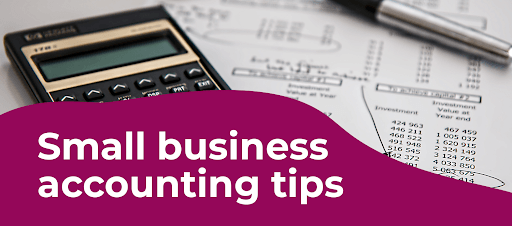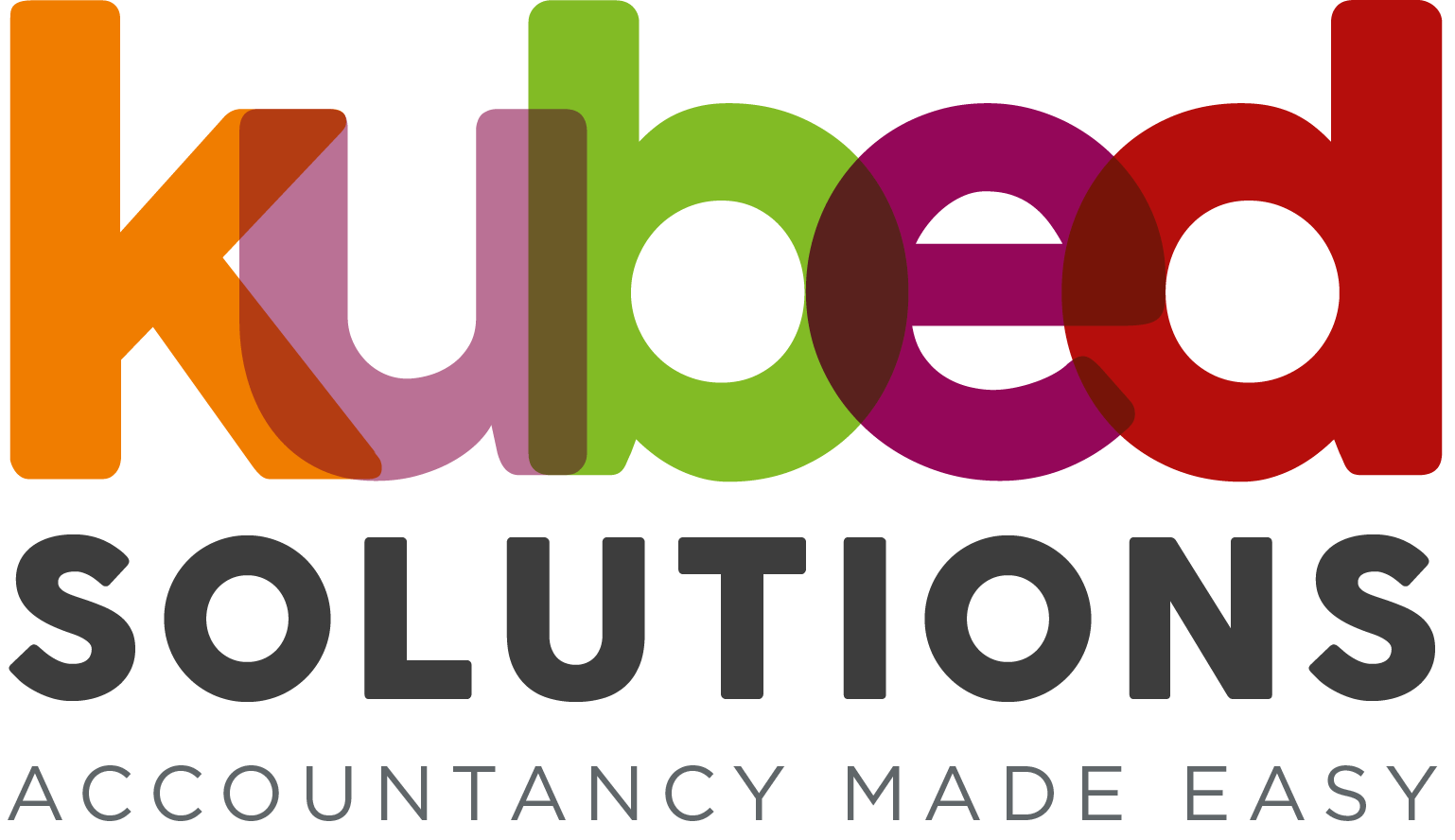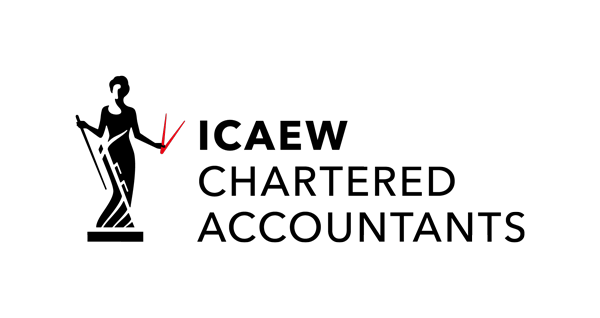Blogs
Accounting & Bookkeeping Tips for Small Businesses

Accounting can sometimes seem daunting, but here are some small business accounting tips that you might find useful:
1) Keep Your Personal And Business Finances Separate:
Rather than mixing both your personal and business income in your personal bank account, have a dedicated business bank account to make sure that you can record and find income and expenses in a more organised way.
Business bank accounts offer several advantages over personal ones, including:
- Making it easier to track and substantiate business expenses to take advantage of tax deductions. Offering personal liability protection by keeping business funds separate from personal funds.
- By having a business account you’ll stay more organised and you won’t have to waste time shuffling through transactions!
2) Keep All of Your Receipts.
Keep every business-related receipt or invoice to claim as business expenses, and file them in your records. If you’re working from home, you can also claim back some domestic bills.
3) Have Tidy Records.
Try to keep your books in good shape so you’re not wasting time searching through them. You'll be glad that you took the time to make sure your records were organised when those tax deadlines loom.

4) Remember Tax Deadlines.
An imminent tax deadline can be quite stressful, especially if you’re rushing because you've forgotten. Make sure you set up a reminder ahead of the tax deadline so that you have enough time to actually complete those returns without mistakes.
Set up a reminder on your phone, or write it in your work diary.
5) Allocate funds for Tax
If you have made a profit, you'll need to hand some of it to the taxman. It's a good idea to set part of your income aside so that you can easily pay off your tax bill, enabling you to enjoy or re-invest your profit without worry.
6) Communicate change in circumstace with HMRC.
If you become self employed, tell HMRC so that you'll be able to complete your annual Self Assessment tax return (unless your turnover is under the trading allowance of £1,000 or are exempt).
7) Use an accountant.
Some business owners can be reluctant to take on board an accountant. However seeking the advice, guidance and expertise of a small business accountant can be crucial to making your business thrive in the future. Some small businesses are likely to work with a tighter budget and are less willing to pay for additional services. But realistically, the assistance of an accountant can save you money in the long run.
You can read all about the benefits of outsourcing on our blog here.

8) HMRC offer free workshops.
HMRC offers some services for free to help educate businesses. You can find out if there’s a workshop being held in your area or online, and tag along. However, they also offer e-learning tutorials so that you gain some more knowledge on aspects that relate to you.
They can help you learn about VAT, setting up a limited company, online filing and much more. HMRC has frequent workshops going on and you might just find something useful to you which can be a massive help in running your business.
9) Get Accountancy Training.
It's a great idea to get training in basic accountancy so that you can manage most of your accounting yourself. Here at Kubed Solutions, we love to work with people to help them manage their accounting. We can train you or your staff on Bookkeeping, Double Entry, VAT, using cloud-based accounting software, and more!
Feel free to speak to us about your accountancy or training needs - we offer a free 30-minute phone consultation!

